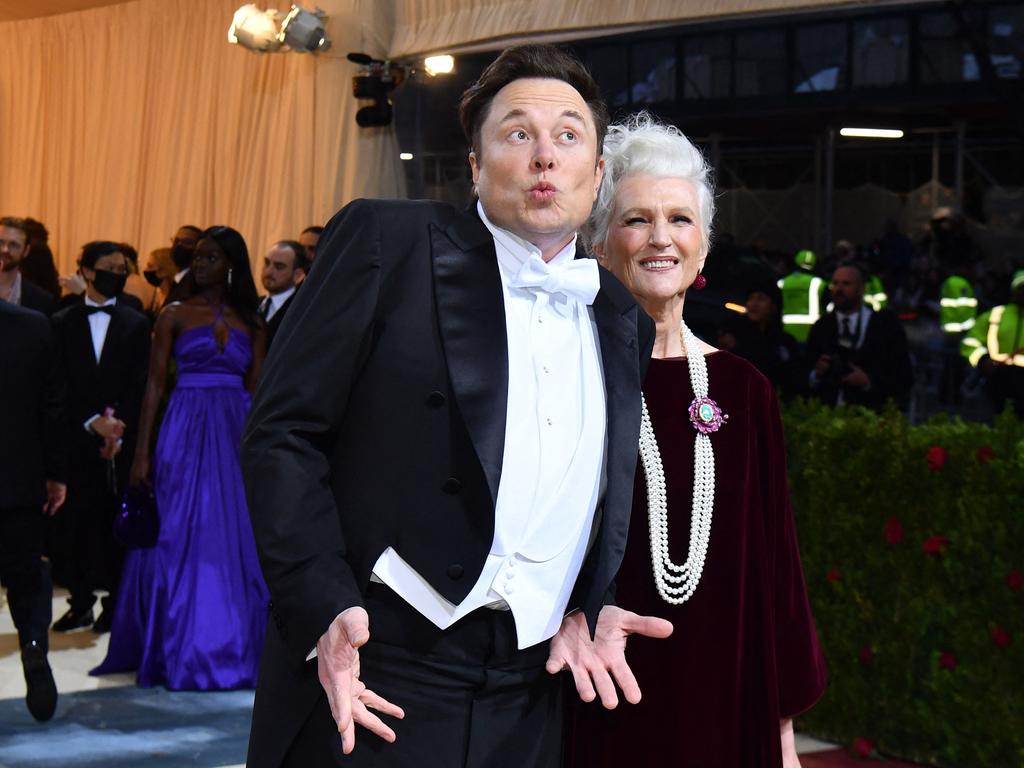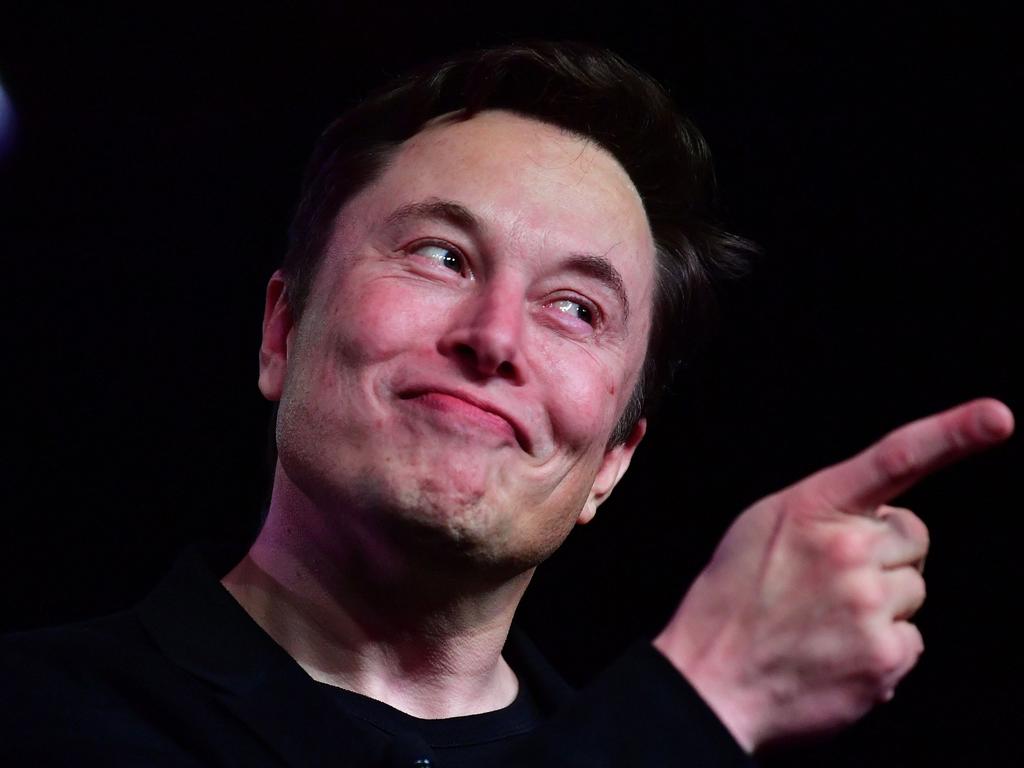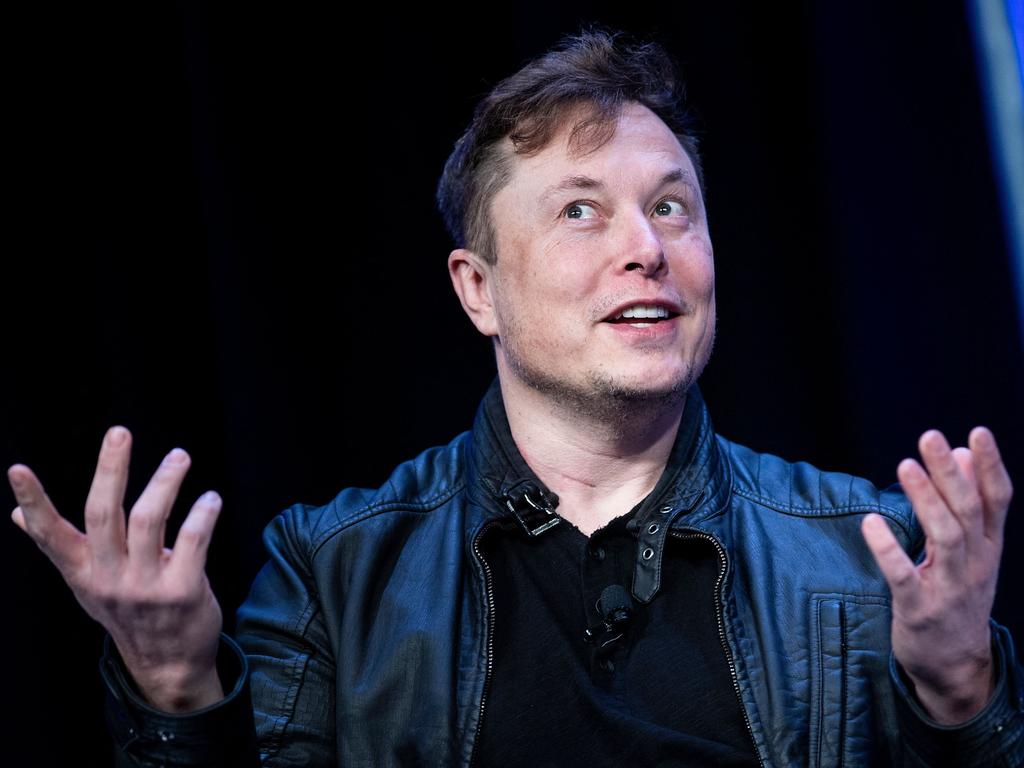Elon Musk finds Twitter’s not as much fun as he thought

Act two saw other users immediately changing their names and photos on the site pretending to be Musk himself, saying things like “My wife left me” and “I’ve made a huge mistake” and “There is nothing better than waking up and enjoying a fresh, steaming cup of my own urine”. Which, you must admit, is pretty good comedy.
Whereupon we had act three, which was the real Musk now tweeting that those “engaging in impersonation without clearly specifying ‘parody’ will be permanently suspended”. Having learnt, as Monica taught us in Friends, that “rules control the fun”.
Still. Mock Musk all you like but he’s the richest man in the world, having thus far reinvented money, the car and spaceships. To some extent, this makes me inclined to agree with [former Boris Johnson adviser] Dominic Cummings, who derided the idea of “1000s of journalists/academics/political hacks” claiming to know better than the man himself, “as if THEY’D built rockets!”. Even though Cummings, of course, hasn’t built rockets either. Otherwise he’d probably have crashed them into the dark side of the moon to see if his eyes were working.
Right now, all the same, it clearly isn’t going well. It’s all there in Musk’s plot arc. Which, I would say, is actually the learning curve of the internet age altogether.
To understand why, we first need to grasp that Musk began his Twitter adventure with a clear view that the internet’s biggest problem was the curtailment of free speech due to creeping leftist censorship.
This isn’t just my presumption. “Do something to fight wokeism,” said his ex-wife, the actress Talulah Riley, in a message revealed as part of the court battle that surrounded his acquisition of the site.
When Netflix suffered a drop in subscribers in April, just after Musk became Twitter’s biggest shareholder, he tweeted that “the woke mind virus is making Netflix unwatchable”. He also gave a TED Talk about what he’d like to do to Twitter and said: “It’s really important that people have both the reality and perception that they are able to speak freely within the bounds of the law.”
If you believe, as many do, that free speech online is being smothered by evil liberals, this sort of talk is very welcome. Ted Cruz, the alarming-looking former Republican presidential candidate, went on Fox News and described Musk’s purchase of Twitter as “one of the most significant developments for free speech in modern times”.
Yet it was also followed by an undeniable upswing in people tweeting all sorts of unlovely stuff, presumably to see if they could. For example, the use of the n-word jumped 500 per cent. Among the terms that trended was “the Jews”. Which, for the uninitiated, is never a good sign.
In the US, unlike the UK, most of this was still “within the bounds of the law”. For an advertiser, all the same, it’s still not necessarily what you want directly above “please buy a new Volkswagen”.
Thus, ad revenue swiftly plunged, with many companies (Audi, Pfizer) suspending campaigns and a couple of huge advertising groups recommending their clients do the same. To make up some of the shortfall, Musk has started talking about charging users who use Twitter to promote their work. ("F..k that, they should pay me,” retorted the horror writer Stephen King.)
As somebody who uses Twitter in exactly this way, I must say I’m not all that wild about paying to tweet out my columns alongside somebody enthusing about gas chambers, either.
This is not a new dilemma. Like I said, it’s the learning curve of the internet itself. Like many tech pioneers, Musk is basically a libertarian. He’s not the most passionate – his erstwhile partner at Paypal, Peter Thiel, used to dream of escaping national laws by founding new societies on disused oil rigs, for example. But it’s definitely still where his instincts begin.
By now, though, most social media platforms have learnt that if you let people do whatever they want, quite a few of them will do things that are pretty horrible. Which, in turn, makes advertisers run a mile. And for Twitter, which makes 90 per cent of its revenues through advertising, this is simply unsustainable. Or to put that another way, it’s not just activists and politicians who have spread this “woke mind virus” he’s so worried about. It’s also cold, hard, market economics.
Like Mark Zuckerberg before him, Musk seems to have underestimated both how nasty some people can be and how much others will mind. He has done this, remarkably, while often being quite nasty himself.
You’ll remember him calling that British potholing rescuer in Thailand “pedo guy”, perhaps. Last week he was tweeting conspiracy theories about Nancy Pelosi’s octogenarian husband, even while the guy was in hospital following a hammer attack. On Monday morning he was tweeting that “Twitter needs to become by far the most accurate source of information about the world”. OK. So how are you going to deal with people like you?
What he is destined to learn, I expect, is that he has simply got all of this 180 degrees wrong. Wokeism, virtue-signalling and leftist censoriousness certainly do have a chilling effect on free speech online. Rather than being the cause of the internet’s many weird problems, though, they’re a response.
Really, the problem is people. Nasty, fighty, melodramatic, self-centred people who now, like the rest of us, have a reach that was formerly unimaginable.
Like all of these platforms, Twitter has a blunt choice between being a place that keeps them in check and turns a buck or one that doesn’t, and doesn’t. And however good you are at cars and spaceships, I really don’t think there’s another way.
The Times






All the best plot arcs have three acts. Act one, in this plot, had Elon Musk tweeting that “comedy is now legal on Twitter” three days after spending $US44 billion ($68bn) to buy the social media site.